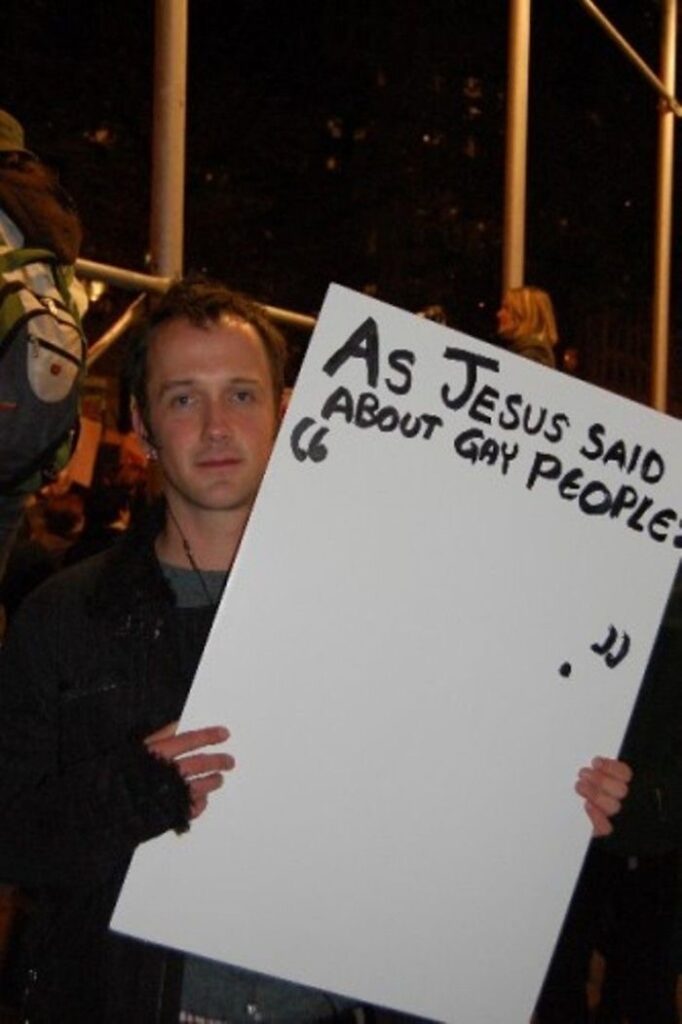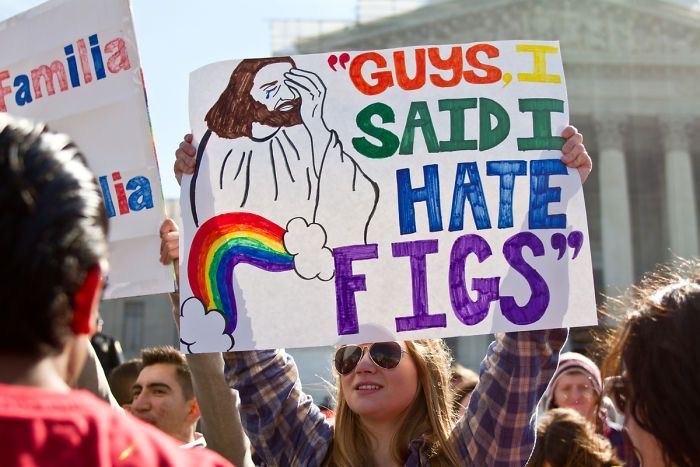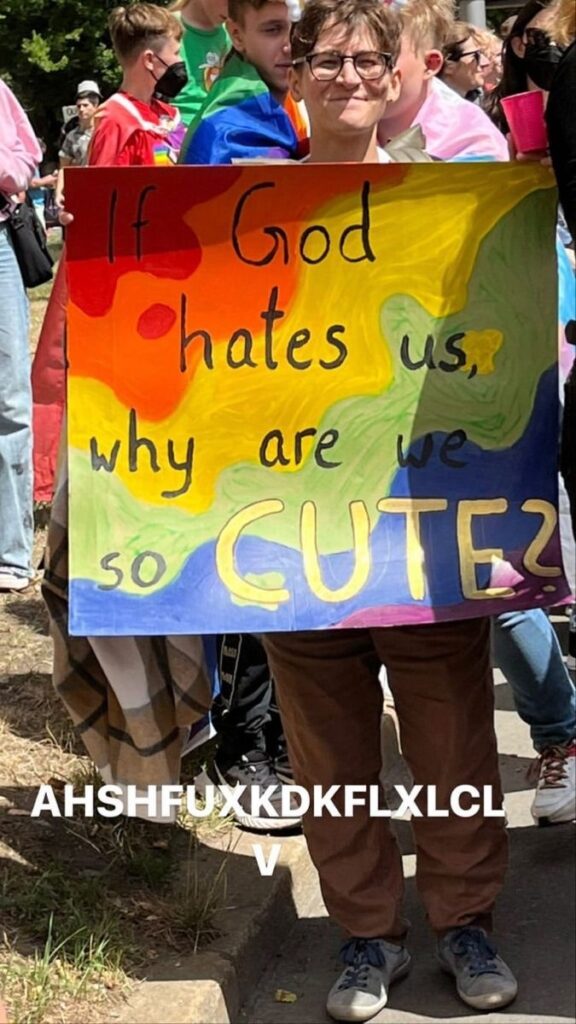Religious freedom and LGBTQ+ rights represent two pivotal facets of human rights, frequently converging within the intricate web of global societal, legal, and ethical dialogues. Although each holds undeniable significance, their coexistence occasionally engenders conflicts and intricacies.
The holy liberty to embrace one’s faith, beliefs, and traditions without fear of discrimination or the spectre of force is provided by religious freedom, a foundational element of democratic values. The authority of this revered human right, which is enshrined in a tapestry of international charters that includes the venerable Universal Declaration of Human Rights and the unwavering European Convention on Human Rights, stands as an illustrious pillar.

The LGBTQ+ rights movement has made progress across the fabric of time, a heroic journey immortalised in the annals of contemporary history. With its passionate supporters, this movement has steadfastly moved towards the goal of equal rights and protections for lesbian, gay, bisexual, transgender, and queer people. Victorious battles have resulted in the acceptance of same-sex marriages in some countries and the decriminalisation of homosexuality in other countries, creating a colourful picture of change.
The juncture of religious freedom and LGBTQ+ rights unfailingly offers a tapestry of intricate challenges. Within this nexus, the coalescence of diverse perspectives often engenders tension, as certain religious doctrines may censure homosexuality, setting the stage for complex interactions between LGBTQ+ individuals and religious institutions. This palpable tension materialises vividly in debates spanning issues like same-sex marriage, the adoption rights of LGBTQ+ couples, and the broader realm of transgender rights.

The issue of same-sex marriage is prominently highlighted within this maze of conversation. Despite the fact that many countries have accepted its legality, there are still pockets of resistance within religious organisations that are firmly anchored in doctrinal principles. This nuanced aspect of the conversation inspires deep reflection and raises issues on how to strike a balance between the sacred ground of religious liberty and the inalienable right of LGBTQ+ people to union in matrimony.
Another focus point where tensions take shape is adoption by LGBTQ+ couples. Religious adoption agencies may assert their right to refuse placing children with same-sex couples in accordance with their firmly held views, setting off passionate judicial battles that pit the right to adopt against the sacredness of religious freedom.
The landscape of transgender rights likewise converges with the sphere of religious freedom. Within this dynamic, certain religious factions hold positions in opposition to gender transition procedures, seeking recourse in exemptions from providing medical care or accommodations to transgender individuals. Striking an equilibrium between these divergent concerns remains an enduring and intricate challenge.

The terrain of religious freedom and LGBTQ+ rights unfolds diversely on a global scale. Across nations, there exists a spectrum wherein LGBTQ+ individuals revel in comprehensive legal safeguards and societal embrace, while in others, they confront the somber spectre of discrimination and persecution, often rooted in religious convictions. Recognising these international disparities remains paramount when engaging in conversations surrounding these multifaceted issues.
It takes a mosaic of conversation, accommodation, and respect for a broad tapestry of viewpoints to navigate the complex junction of religious freedom and LGBTQ+ rights. Human rights organisations, governmental agencies, and the authoritative voices of religious leaders frequently play crucial roles as mediators in this complex symphony, trying to find a way for peaceful coexistence amid the various shades of religion and identity.
When religious freedom and LGBTQ+ rights—two sacred pillars of human rights—intersect, complications result. Despite the possibility of conflict, the admirable search for a compromise that respects sincerely held religious convictions while preserving the inherent rights of LGBTQ+ people continues. Finding this perfect balance is still crucial to establishing societies where everyone can thrive, free from the restrictions of prejudice and discrimination, and where the ideals of freedom and equality serve as guiding lights.
Sources
- https://www.americanbar.org/groups/crsj/publications/human_rights_magazine_home/intersection-of-lgbtq-rights-and-religious-freedom/
- https://ilga-europe.org/report/the-right-to-freedom-of-religion-or-belief-and-its-intersection-with-other-rights/
- https://eprints.whiterose.ac.uk/186248/1/RESORGICH_Summary_Report_April_2022.pdf
- https://www.ohrc.on.ca/en/creed-freedom-religion-and-human-rights-special-issue-diversity-magazine-volume-93-summer-2012/human-rights-sexuality-and-religion-between-policy-and-identity
- https://www.npr.org/2021/06/17/1007805692/supreme-court-sides-with-religious-freedom-in-high-profile-lgbtq-rights-case




